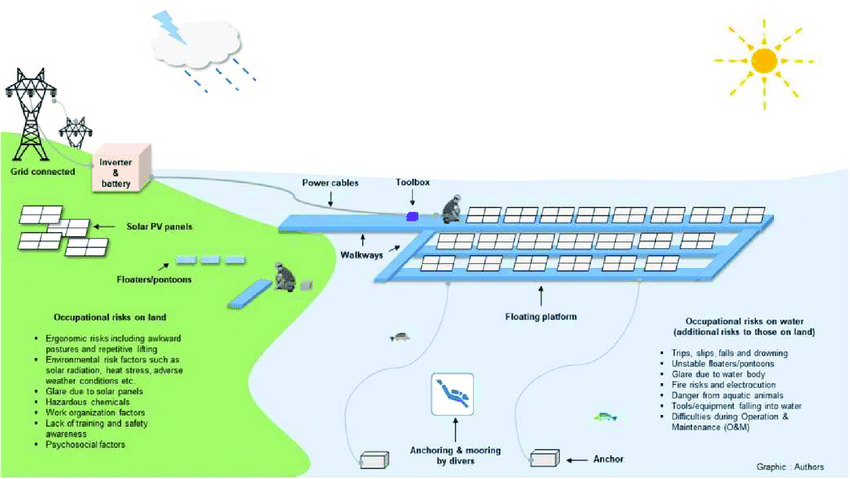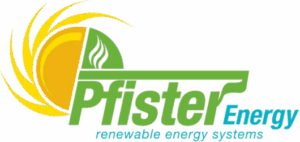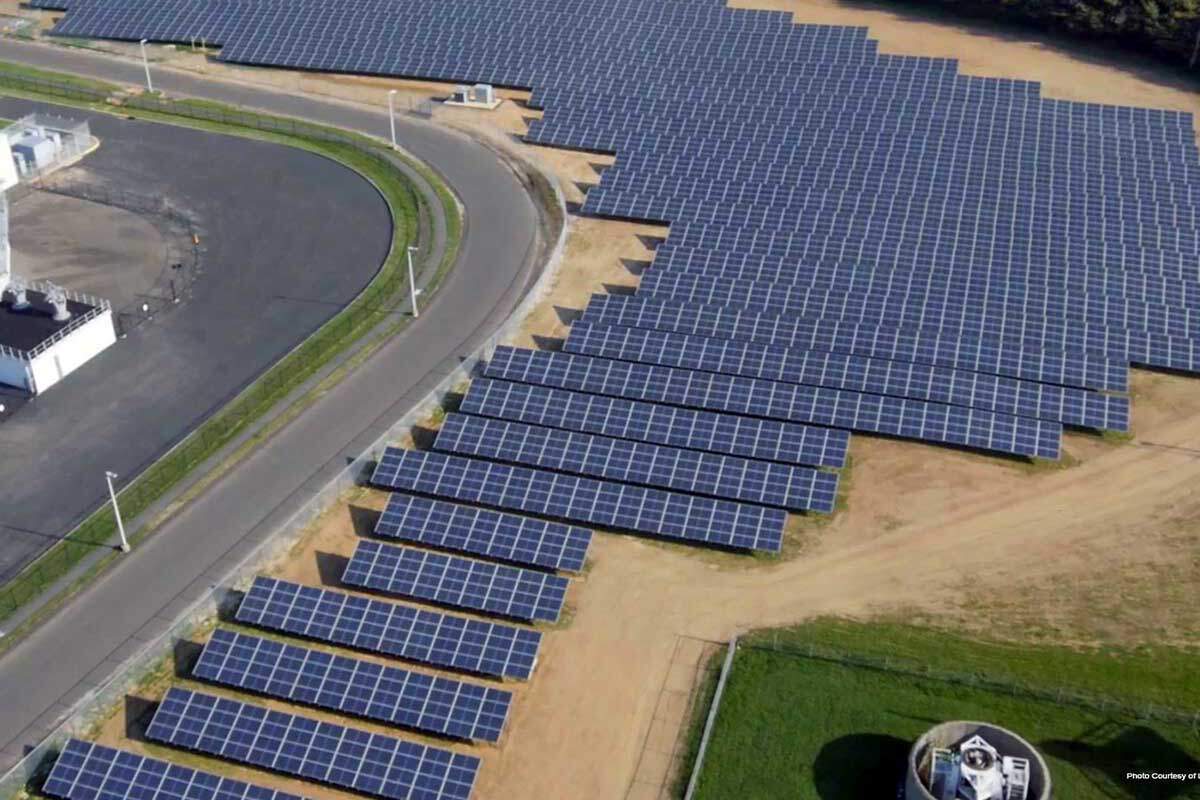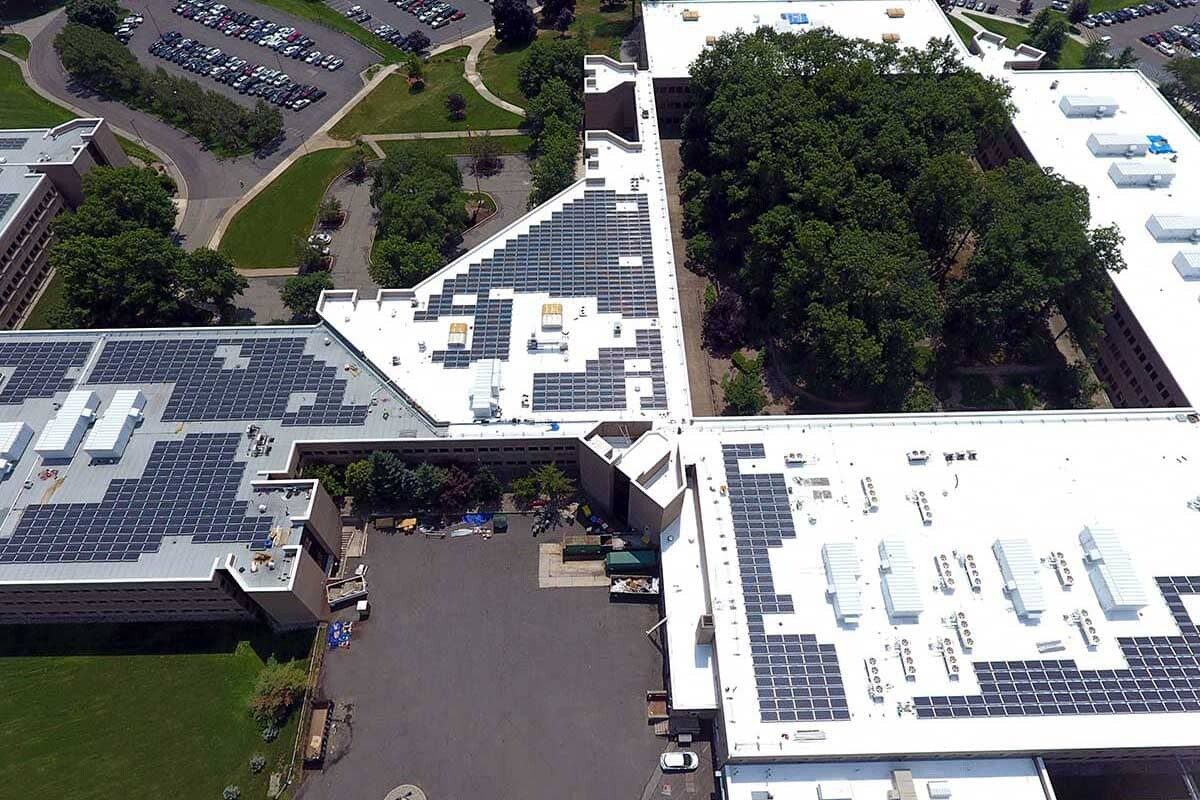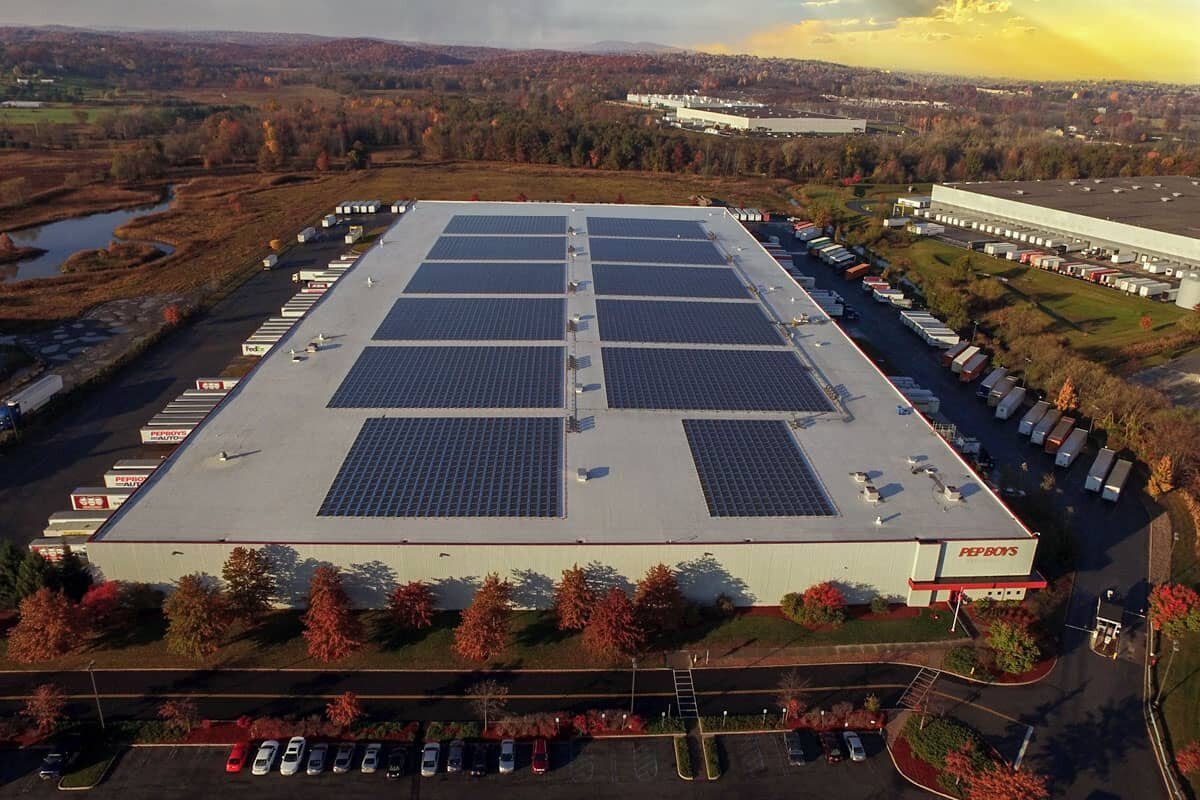
Floatovoltaics | Floating Solar
floating solar
Pfister Energy offers turnkey solutions for all your renewable energy needs, including floatovoltaics, or floating solar.
Our team of experts will consult with you to determine the best floatovoltaic solution to fit your needs, and from there we will design, build, and supply your floating solar farm.
Pfister Energy is your partner in energy storage from conception through design, construction, engineering, and commissioning. We will also work with you on financing options to ensure that your budget, needs, and goals are being met as well as receive any incentives your company may be eligible for.
THE FUTURE
OF SOLAR?
Floating solar arrays, or floatovoltaics, are a relatively new technology in the solar industry. They have predominantly been installed in China and Japan, but are gaining momentum in the United States, especially in New Jersey and California.
Floatovoltaics are any solar system that floats on a body of water. They are mainly installed on lakes, basins, or reservoirs as these bodies of water are usually calmer than rivers or oceans.
Floating solar PV systems (FSPV) come with many advantages and not many disadvantages. They are growing in popularity due to the lack of land needed, the environmental benefits they provide, and increased efficiency of solar panels.
floating solar photovoltaics
Advantages:
- Water is Less Expensive Than Land – with FSPV, land is not required which makes them an ideal system to install in areas where land costs are high.
- Optimizing Existing Transmission Infrastructure – for hybrid systems that are built adjoining existing hydroelectric dams, construction costs can be reduced as well as transmission losses.
- Improved Efficiency and Performance – solar panels are more effective at lower temperatures, so with water acting as a natural cooling agent, the efficiency of the solar panels increase in comparison to land-based panels.
- Reduction of Algae – the shade provided by the PV system works to mitigate the issue of algae blooms by blocking sunlight from the water’s surface, which helps to reduce water pollution and improve water quality.
Disadvantages:
- Construction – construction can potentially be more complex and expensive than land-based PV systems.
- Electrical Safety – building and operating on water requires stringent safety precautions, robust equipment, and potentially increased difficulties of operation and maintenance.
- Early-Stage Development – FSPV systems are a newer system in the solar industry, so there is a limited track record of projects and there is some uncertainty with project costs as the technology is still developing.
BENEFITS
AND INCENTIVES
Installing a floating solar panel system will bring an excellent ROI for your company. Your business may be eligible for a number of federal, state, or local incentives as well.
Utilizing these incentives, coupled with the saving on utilities, means that your FSPV will save your company money in the future. It also provides benefits to the environment and the community.
The New Jersey Board of Public Utilities (NJBPU) has recently increased the incentives awarded to floating solar projects. They completed negotiations for an 8.9MW floatovoltaic project to increase the incentives, and it is one of the largest in the nation.


